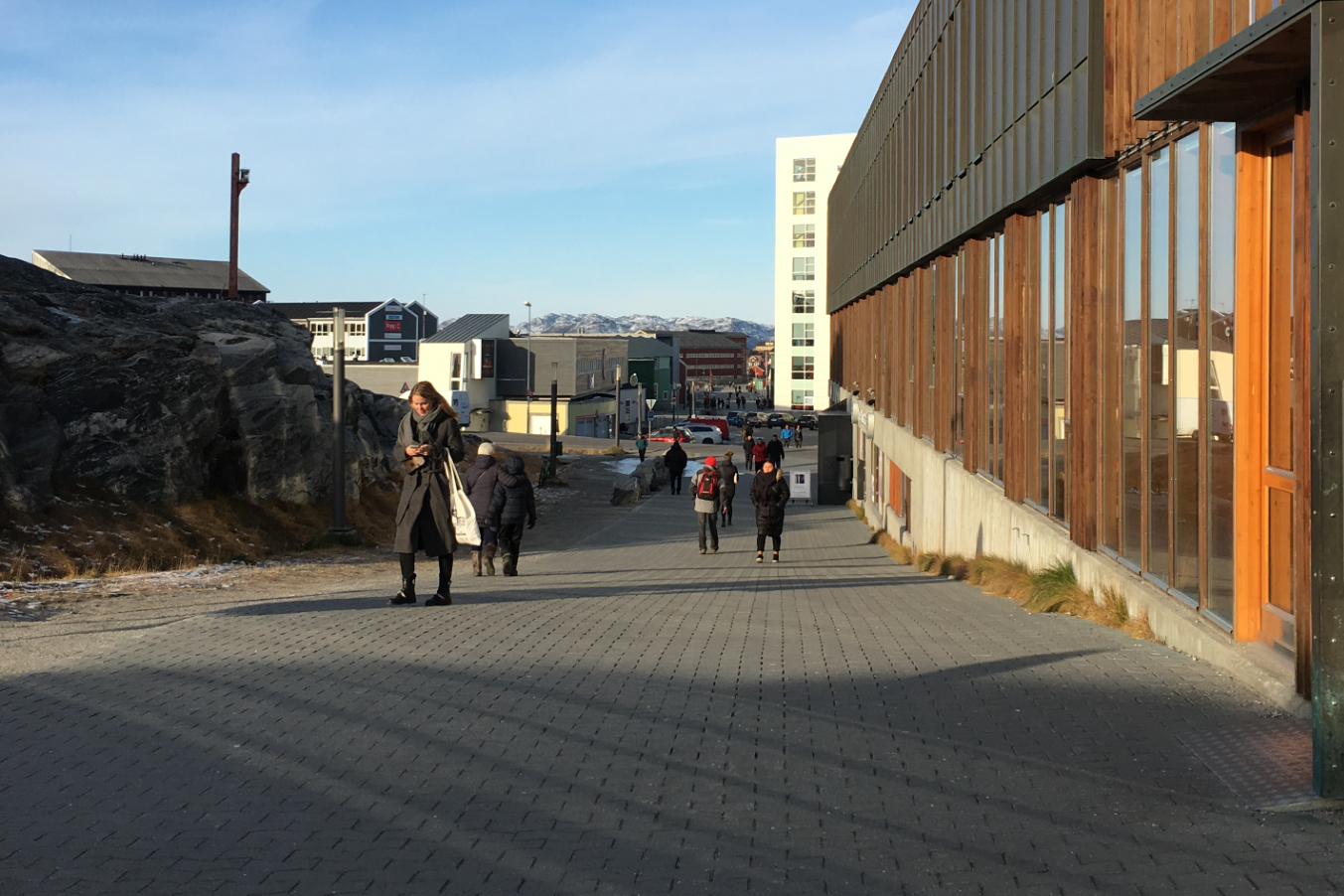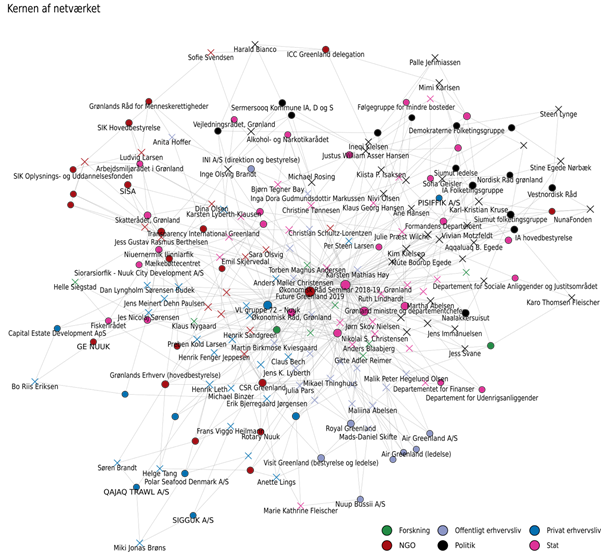Greenland’s ‘power elite’ is diverse, but geographically concentrated, study suggests
As Greenland’s capital, Nuuk is the seat of the country’s political power, as well as being home to the vast majority of its most influential residents.

Greenland’s most influential people are a diverse, relatively large group of individuals who live in Nuuk, are generally better educated than the population at large, and have close professional ties with each other. These are some of the conclusions of a forthcoming paper seeking to identify Greenland’s “power elite.”
In all, 123 of Greenland’s 56,000 people belong within an influential inner circle, the authors of the paper, to be published this autumn, conclude. While that is considerably higher proportionally than in Denmark or the Faroe Islands, power in Greenland is more concentrated in the capital city than it is in the other countries that make up the Kingdom of Denmark.
Some 102 people identified as belonging to the power elite live in the capital, with the remaining 20 dispersed over Greenland, Denmark and other countries. A similar study looking at Denmark found similar clustering in Copenhagen, but also identified groups of influential people living in other cities.
[A Nuuk plan to marginalize the Danish language in Greenland worries Copenhagen]
The authors of the paper, say the concentration of power — both in Nuuk and amongst the leading figures of a small group of 79 organizations — is not surprising, given the centralization of politics and administration in the capital.
“If someone wants to be a part of inner circle of decision-makers, having an address in Nuuk is key,” the authors wrote.
While that address is typically in one of three neighbourhoods in Nuuk, the neighborhoods where influential people live are not the preserve of the powerful. But any social mixing that offers does not necessarily lead to a broader outlook when making decisions, the research suggests.
Instead, an overlap of people holding positions in multiple organizations — the 123 people considered by the study to be among the power elite hold a total of 701 positions, either as their primary occupation or in the form of board memberships or the like — opens the door to cronyism and nepotism, while also making the group and its activities less transparent.

One of the most significant differences among members of the elite was between the profiles of lawmakers, who make up the largest group, and members of the bureaucracy.
In general, the power elite is well-educated, according to Morten Fischer Sivertsen, one of the authors. This was particularly true of the bureaucracy, which typically has a degree from a Danish university. Lawmakers, meanwhile, had less formal education if any, with most previously having worked in a trade or vocational field, as a result, they tended to be more oriented towards Greenland and were more often Greenlandic-speaking than the bureaucracy.
“They often don’t speak the same language, figuratively and literally,” Sivertsen said.
Greenland’s power elite is made up of five different groups living in Greenland and abroad, according to Sivertsen and co-author Anton Grau Larsen:
– lawmakers (34 individuals)
– businesspeople, private-sector (24)
– bureaucrats (22)
– businesspeople, public-sector (21)
– non-governmental organisations (14)
– academia (7)